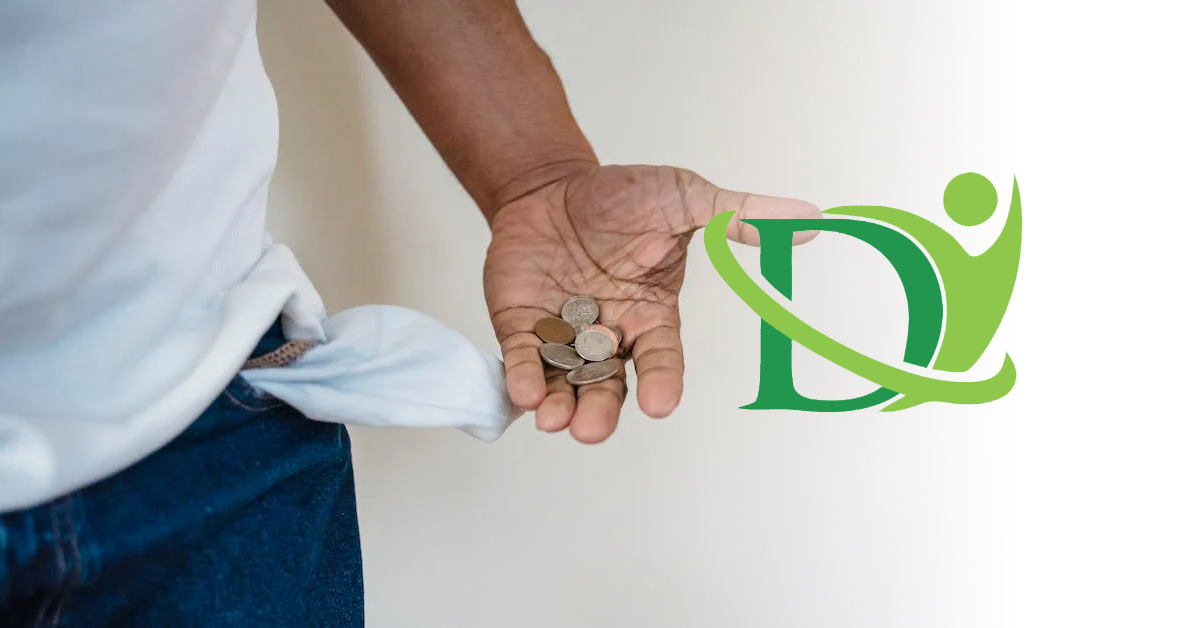
Is It Possible to File for Bankruptcy and Keep the House
October 1, 2022
How to Solve Debt – Consumer Proposal vs Bankruptcy
October 18, 2022When one takes out several loans, managing timely repayments can be an arduous task. A debt consolidation loan is a practical way to merge all scattered loans into one. It is a financial strategy to manage credit card debt. This way, the money from the new loan is used to pay off the existing debt.
And new debt consolidation loans will have a different tenure and interest rate, as agreed upon by the borrower and the lender.
Is it appropriate? Is there any risk? However, many factors confuse debt consolidation, and myths are one of them.
Here are the common ones to be aware of:
1. Allows to Pay Back Less Money
Debt settlement and debt consolidation are two different things—the consumer bargains to pay less than what is owed in a debt settlement.
Debt settlement may take a few years, but this could be the best route if the company that you’re dealing with can negotiate a fair settlement and stop interest from accumulating.
Consolidating debt does not affect the remaining balances. But taking out a bigger loan to pay off several smaller debts.
2. Same Thing as Debt Management Plans
Debt management plans (DMPs) are debt consolidation comparable, but there are significant differences between the two. The rest is up to the borrowers after they obtain a loan (from a bank or credit union) to consolidate debt. Ideally, money is used to settle debts, resulting in a single monthly payment (the loan).
DMPs operate uniquely. No loan will be granted. One monthly payment remains, but it’s for a credit counselling program. The credit counsellor determines the borrower’s affordable monthly cost and the time required to pay off the debt (at that payment rate).
The borrower sends the monthly payment to the credit counselling agency, which then distributes agreed-upon amounts to each creditor to pay off the debt as quickly as possible. Credit counselling agencies have agreements with creditors to reduce interest rates and waive fees because they work with creditors frequently.
3. Costs a Fortune
Numerous individuals contemplate whether or not they should borrow money to pay off their debt. The interest rate on loan is a significant determinant of its expense.
On the other hand, debt consolidation loans may be less expensive than most credit cards.
Several lenders offer debt consolidation loans at no additional cost. While some lenders may charge a one-time loan origination fee to cover the expenses incurred in processing loan applications, this is not the norm.
4. Leads to More Debt
Debt consolidation supposedly doesn’t address the root problem. If spending habits aren’t changed, debt will keep accumulating.
Debt management plans require credit counselling to reverse this trend. Personal debt consolidation has the same effect. Online budgeting tools and resources are available, as well as information on emergency fund creation. Financial literacy is key to avoiding debt.
Conclusion
There are many myths regarding debt consolidation, but the bottom line is that it can be a helpful tool for getting finances back on track. If debt consolidation is considered, be sure to do research and work with a reputable company to get the best results.
Need personal debt help? Debt Helpers provides a variety of debt solutions and debt consultation services to help people achieve their debt-free goals. Get out of debt today with personal debt solutions in Canada. Contact DebtHelpers.ca to learn more.

